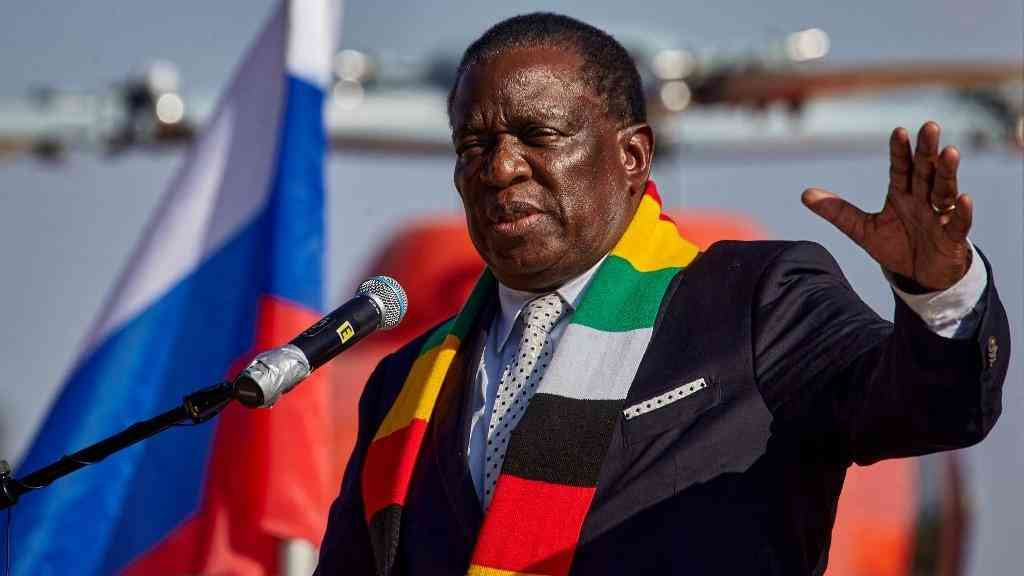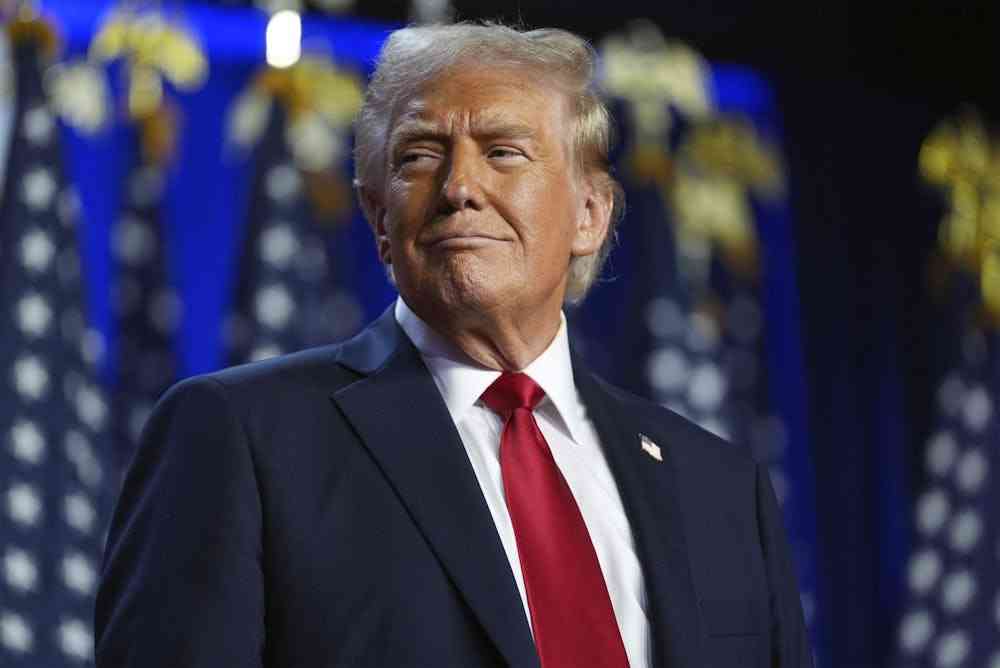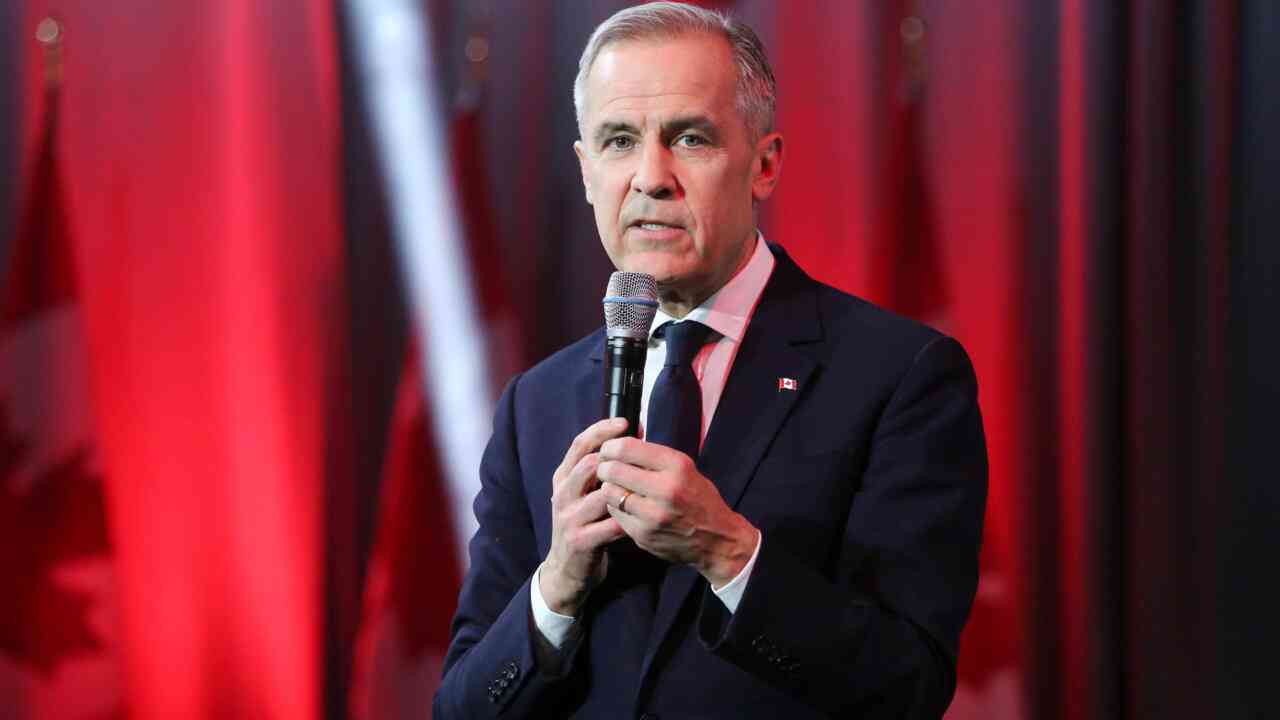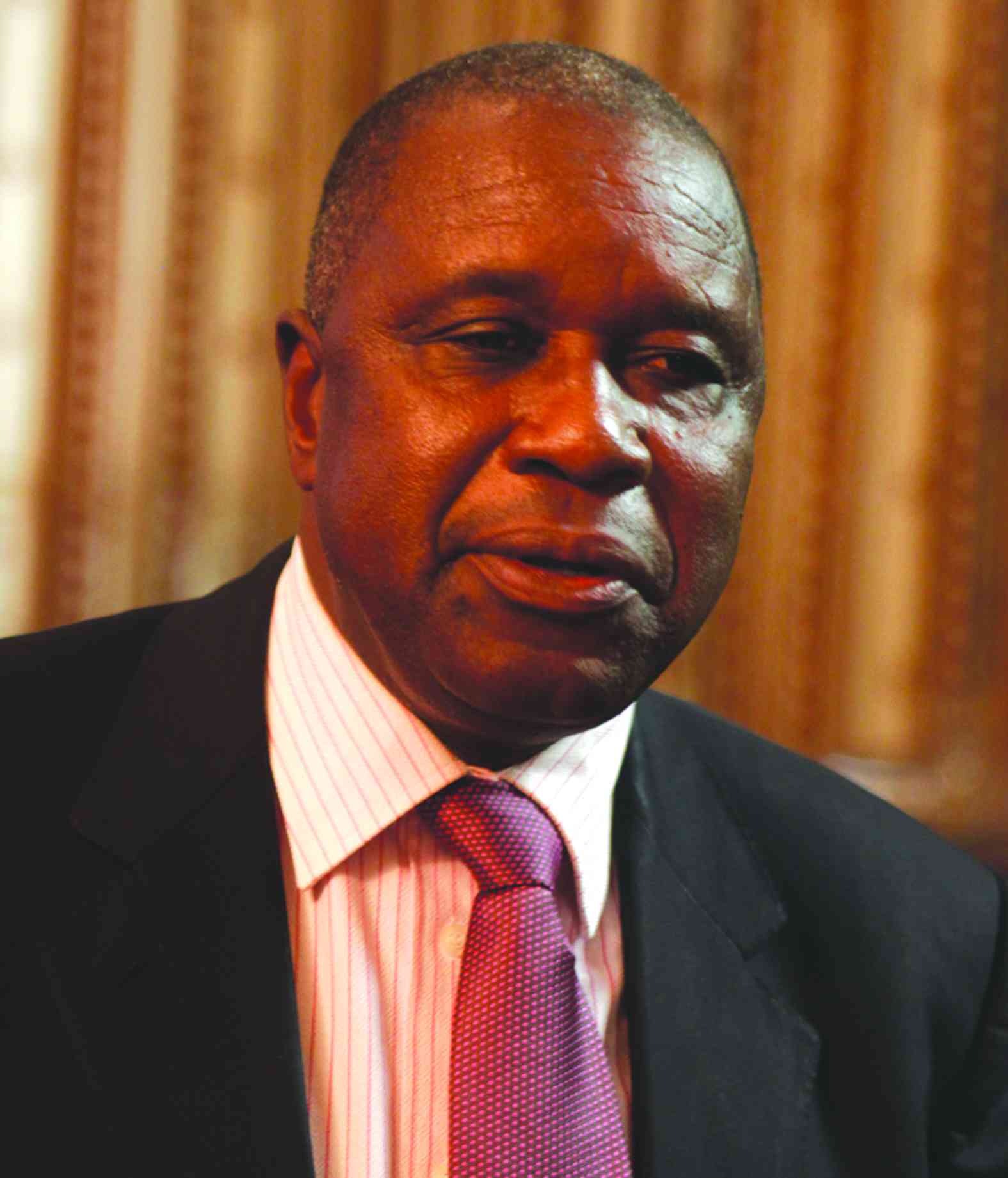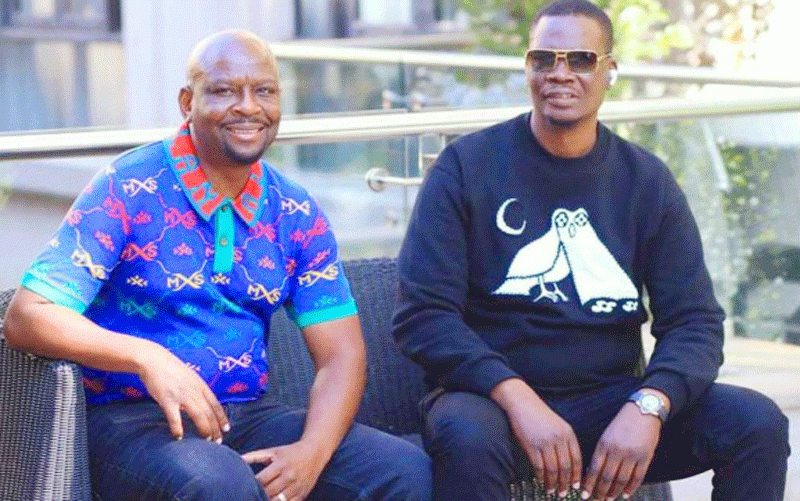
We recently had an online debate on whether or not briefcase companies in Zimbabwe had captured the state.
This debate had been motivated by the current drama featuring—you guessed right—Wicknell Chivayo, Mike Chimombe, Moses Mpofu and Scott Sakupwanya demonstrably chowing loud and long on government tenders.
I was the third speaker among four heads of non-state institutions and was part of the show because I have been hollering quite a lot on corruption in Zimbabwe. I noticed that my predecessors proceeded on the assumption that briefcase companies actually had captured the State.
But I came with what, without provocation, I called my own disruptive thinking. My position was that, contrary to the assumption of state capture by those briefcase — if not plastic bag — companies, Chivayo et al were actually just “small boys who happened to be making good money”. Meaning that they had not “captured the state” but were, instead, mere runners doing the bidding of their godfathers.
I guess that, most of the time, certain concepts or phenomena are talked about too frequently that we then lose the time to really understand what’s exactly involved. And that includes the issue of state capture.
Let’s understand it this way. As any fresher at college will tell you easily, there is a difference between the state and the government. The state is permanent, with evolutional modifications, of course. The government is specific and time-bound. We have had only one state, probably from the time we broke away from the federation back then.
So, because the state is pretty permanent, it becomes tricky to talk of anyone or anything capturing it. This means that it’s of no help, therefore, to talk about state capture. Instead, it is more sensible to talk about government capture.
But then, even the idea of government capture becomes muddy when you realise that there is no homogeneity in political agency in cases like Zimbabwe where by a few individuals make game-changing decisions on their own.
- Chivayo’s US$25m lawsuit overstated: ZPC
- Zanu PF socialite granted $50 000 bail
- Muckracker: The circus goes to America
- Hwange ‘explosion’ blackouts Zim
Keep Reading
I don’t think that, where President Emmerson Mnangagwa imposes Chivayo as the sole trader of Starlink products on social media, that reflects unanimity in the so-called third republic, which is a government, by the way, rather than the state. I don’t think Vice President Constantino Chiwenga likes the idea. If my thinking is correct, therefore, you now have a scenario whereby the topmost agents in the presidium do not agree on the Chivayo licence.
Worse still, a government institution, Potraz, was not part of the president’s weird decree. Mnangagwa declared Wicknell’s IMC monopoly when Potraz was still deliberating on the Starlink licence. That means the president was at variance with a public institution that he, as the temporary head of state and substantive head of government, presides over. There was no unanimity or homogeneity in government.
So, you now know better. Going forward, it makes no sense talking of state capture. You may talk of government capture when the one or ones in charge of overall key decision-making, the incumbent political influencers, are captured. However, just remember that, in as much as they are able to make the far-reaching decisions owing to their power and influence, they are not making them for the whole government, nor are they making them for the State.
Capture happens when external factors, the captors, who are mostly money-chasers, are able to influence decision-making among the key internal factors or actors in government. Post-Mugabe, the ultimate internal factor or actor would be President Mnangagwa.
In capture, the external factor has control and influence over the internal factor, to the extent that the internal actor can cause government offices or office holders to do the bidding of the external actor. Capture in this case becomes a reality because the influential internal factors have the power and ability to force decisions on government offices and office holders.
When the external factor has no such control or influence but still benefits from corrupt opportunities supplied by the internal factor, it cannot be capture. Rather, it is just depending on political patronage offered by the internal factor.
Take the example of the Jacob Zuma administration and the Guptas. The Guptas, enjoying the financial influence of their vast business empire, were able to exert significant influence on Zuma, the royal chower. They noticed that Zuma, even as he was still in the lower ranks of both the ANC and government, loved money. So they gave him money and then told him what to do as he chowed.
In that regard, Zuma used his position especially as president of South Africa to make decisions that favoured the Guptas. That included who was appointed to key positions in government and quasi-government offices. With that came Gupta immunity from investigations and prosecutions for some time as well as fat tenders and contracts. In this sense, you can say the government was relatively captured because Zuma was the master pawn who pulled the strings in government.
Farther afield, look at how the Cosa Nostra has been doing its business. That’s capture because the Italian mafia has been able to call shots in more than one way. Manipulating politicians through bribes, extortion and coercion. Infiltrating government agencies, political parties, law enforcement, the judiciary and parliament, among others. Funding political campaigns and deciding who gets into government. Et cetera, et cetera.
You can’t say the same thing about the plastic company owners like Chivayo. If Mnangagwa decides so today, they will go back to the communal lands where they came from tonight and start farming sweet potatoes in the morning. They don’t have enough influence on him and his small cohort of elites.
Briefcase companies organically lack the capacity to capture. That’s how, then, it makes better sense to see their owners as mere runners who are getting good change for their sweat.
It will be slightly different when you consider local eaters who own established companies, like Kudakwashe Tagwirei and a few white dudes who will all know about. These people are small Guptas in Zimbabwe. They fund Zanu PF elections and have also paid the salaries of the ruling party empire of staff at Shake Shake and beyond like Tagwirei did.
There is nothing like a free meal. These external factors, by virtue of their skewed philanthropy, appear like genuine captors of the internal factors. There is this fresh dot com about Tagwirei mending fences with Chiwenga over some business project. If the rumour is actually true, do you see what’s happening? Why would a whole VP want to negotiate a reunion with Tagwirei if Tagwirei was not that powerful? He would just kick this MuShurugwi out of any project without sweating for it.
Then you have the Chinese captors. These, without any doubt, have direct control. Unlike the local external factors like Tagwirei, the foreign external actors have the whole government captured.
Put differently, Beijing is in a position to tell the Zimbabwean government what to do, via its embassy here. That’s how Anjin sneaked back into the diamonds fields after Robert Mugabe booted it out, and then got booted out in turn. That’s how just about every inch of our land with a modicum of lithium is going to the Chinese. That’s how all the airport tenders are going to Chinese investments. The list is long.
Yeah, the Mnangagwa government may sing hoarse about sanctions, but the Chinese will tell it what to do because it bribed the administration with the new parliament and other trinkets.
- Tawanda Majoni writes in his personal capacity and can be contacted on majonitt@gmail.com


